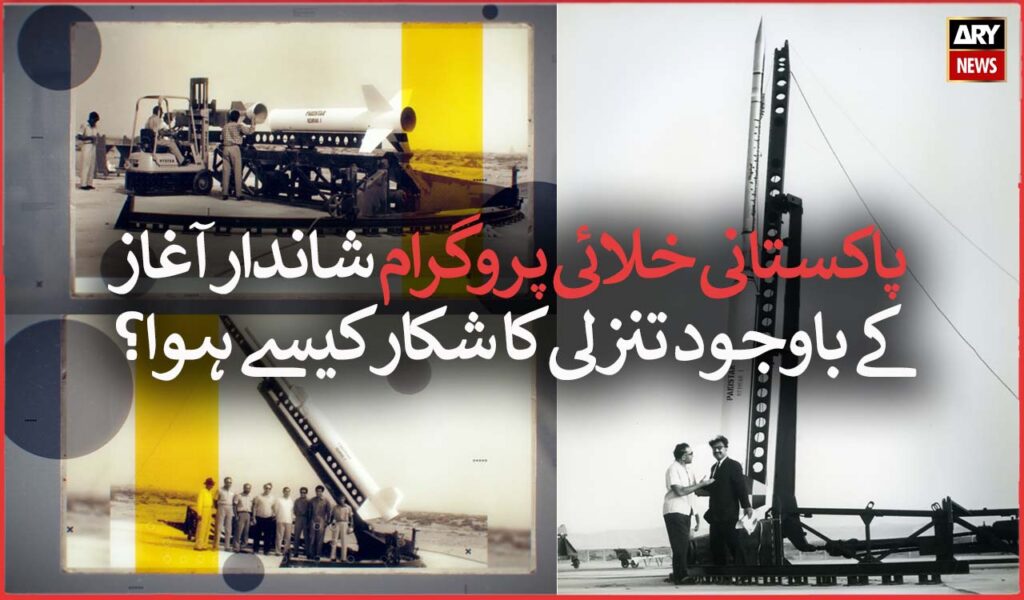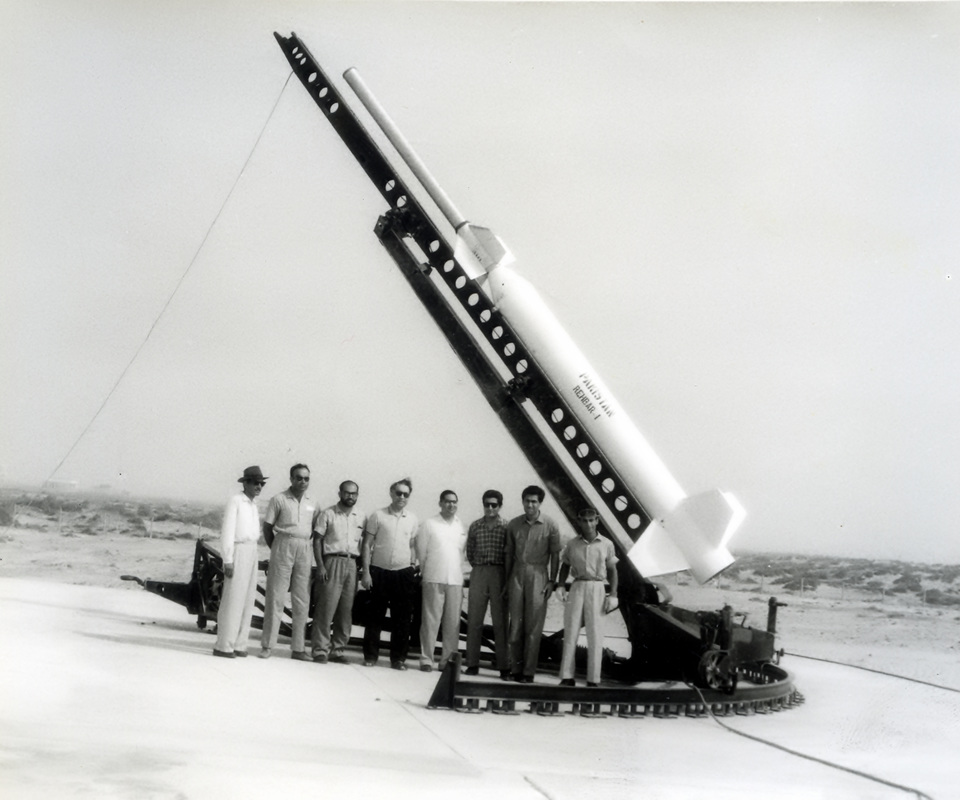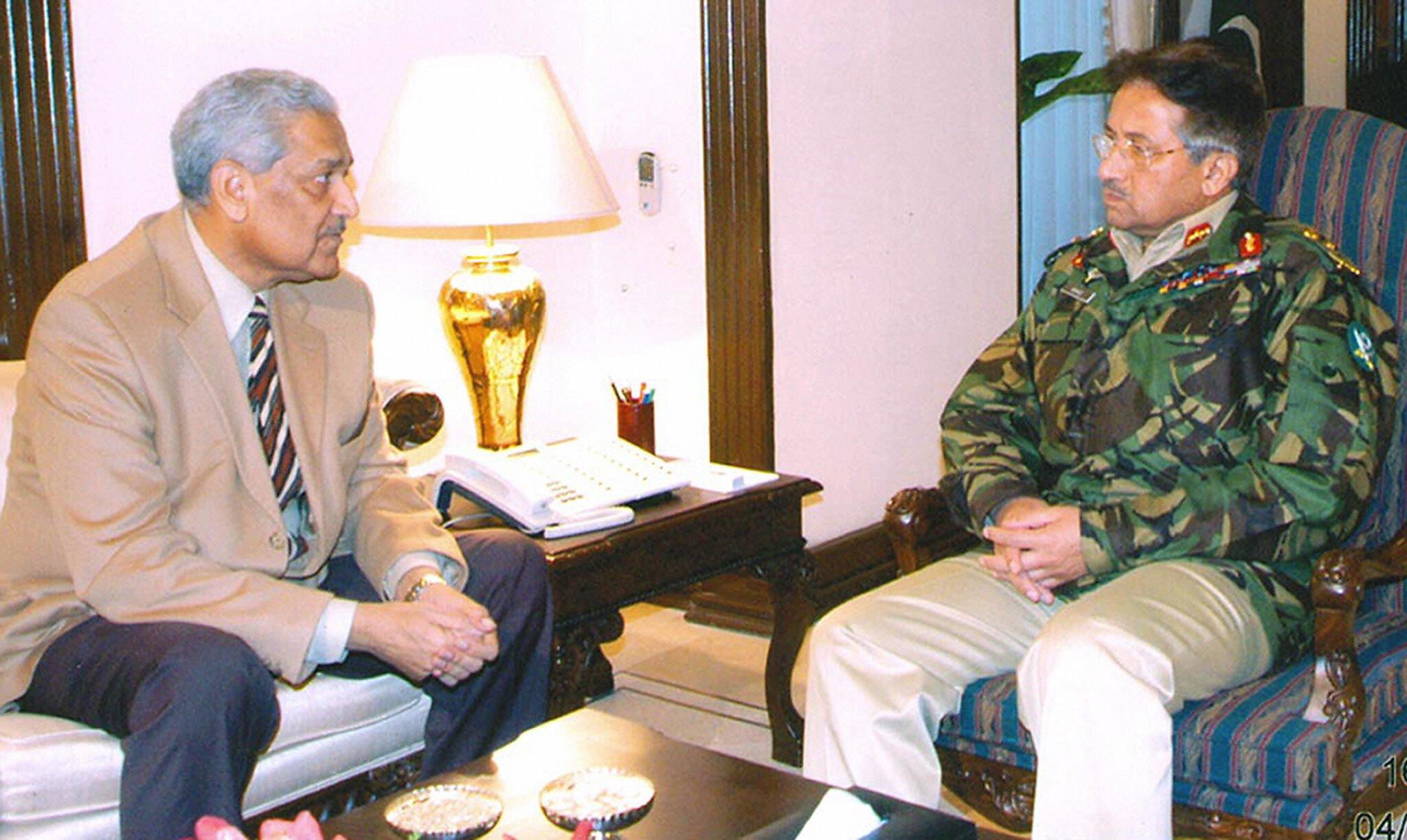Despite a promising start, how did the Pakistani space program face setbacks?

After the success of India’s Chandrayaan-3 lunar mission, while celebrations are taking place in one neighboring country, Pakistan, on the other hand, has many people wondering: When will Pakistan finally conclude its space experiment?
In the last few days, an image from 1962 has resurfaced on social media, depicting the Pakistani scientist conducting the country’s inaugural space experiment involving the rocket named ‘Rehbar 1’. In June 1962, Pakistan achieved the distinction of being the third Asian country, following Japan and Israel, to successfully launch a rocket named Rehbar-1.

In this regard, we spoke to Dr. Mohammad Jawed Iqbal, the Director of the Institute of Space Science and Technology Program at the University of Karachi.
Dr. Iqbal, an expert in space technology, shed light on the challenges faced by the Pakistani space program. He explained that while Pakistan’s space agency, SUPARCO, collaborates with China for satellite development, certain critical aspects of rocket technology remain elusive. According to Dr. Iqbal, “One key challenge pertains to rocket propulsion, as the technology behind rocket engines is intricate and necessitates a specialized skill set.”
“In 2014, I had a conversation with Dr. Abdul Qadeer Khan. During Musharraf’s tenure, we invited him to our conference. Dr. Khan proposed to General Musharraf that if given the opportunity, we could complete the project within two years. At that time, at the National Engineering & Scientific Commission (NESCOM), we had experts in missile technology and rocket engineers. Therefore, we could have utilized them for the project. However, the project was handed over to SUPARCO. Mr. Musharraf stated, ‘Since it falls under SUPARCO’s domain, we have entrusted it to them.”

Dr. Iqbal further emphasized the significance of assembling a consortium of proficient experts, well-versed in missile technology, and seamlessly integrating their profound expertise into the complex landscape of space missions. He noted, “Synchronizing the talents of these experts is essential for the successful execution of ambitious space endeavors.”
The successful lunar landing of India’s Chandrayaan-3 mission, while heralded as a significant leap in space exploration, also raised questions regarding Pakistan’s progress in the field. “The meticulous process of landing a rover on the Moon involves intricate calculations and formidable challenges, encompassing adaptations to lunar gravity and surface composition,” Dr. Iqbal said.
Dr. Iqbal highlighted the need for a dedicated assembly of scientists and engineers, equipped with specialized insights into rocketry. He clearly emphasized, “Pakistan must prioritize the development of indigenous technology to fortify and solidify its standing in the realm of space exploration.”
from Science and Technology News - Latest science and technology news https://ift.tt/sN7WbIg